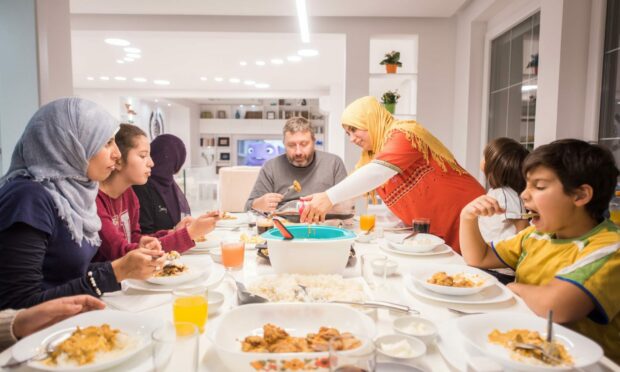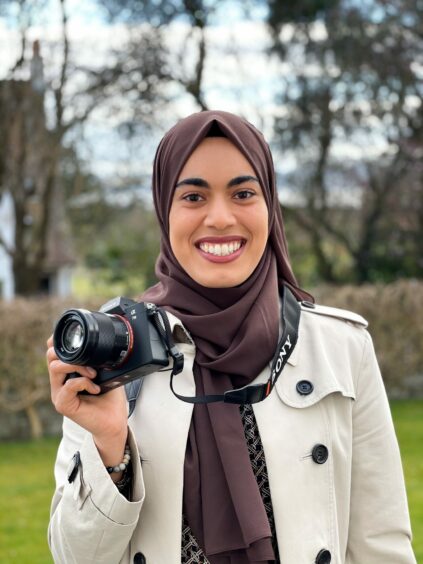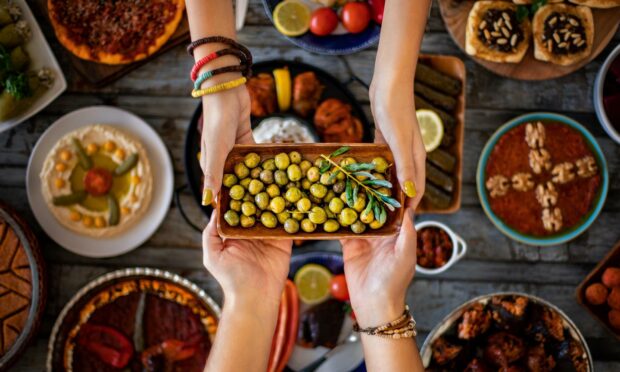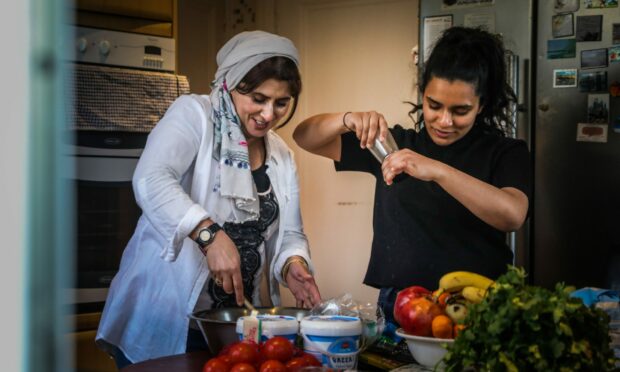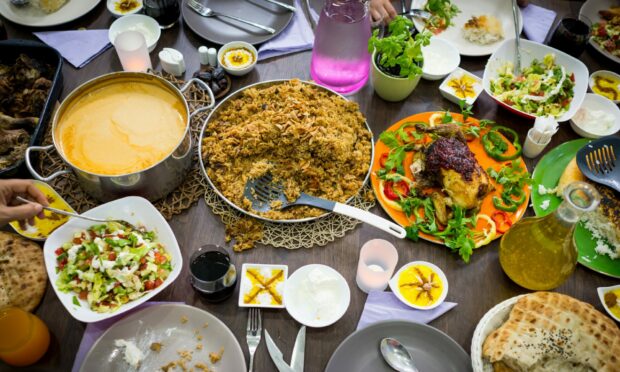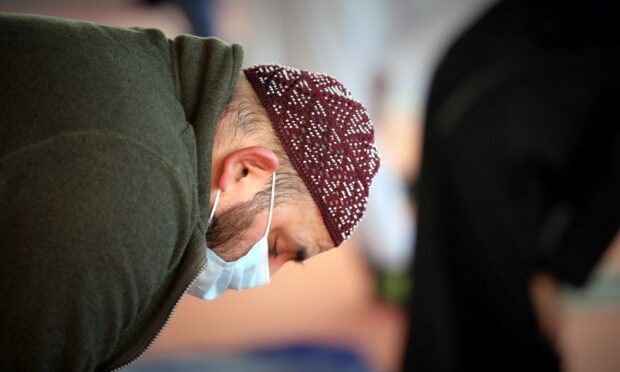For Muslims, Ramadan is far more than just giving up food. It is a blessed month filled with community, family, discipline, remembering those less fortunate and self-reflection.
Ramadan is the ninth month in the Islamic calendar and one of the most important months of the Islamic year for Muslims around the world.
With fasting being one of the five pillars of Islam it is obligatory for every Muslim, who has reached puberty and is physically able, to fast for 30 days.
Ramadan lasts for a total of 29 to 30 days and Muslims, including myself, will fast from dawn until sunset, giving up consuming all food and drink during this time.
And yes that even includes water.
For many people not participating in Ramadan or who don’t know much about my religion, the idea of not eating and drinking all day may sound impossible.
But for believers of the Islamic faith, this happens year on year and is a time they eagerly wait for.
Thinking of those less fortunate
Amongst the many reasons for fasting, there are two lessons which resonate most with me.
The first is the ability to partially feel how those less fortunate than ourselves are with regards to food and drink.
Many of us take for granted the luxuries we have in Western societies in places that are not affected by mass poverty or wars.
In many cases, people in these situations have limited access to both food and clean water.
At the end of each day’s fast many Muslims will be able to enjoy a beautifully prepared feast, but other people in poverty and war-stricken countries will be left hungry.
Removing the ability to eat during the day gives people an insight into the struggles that others face, and makes them more aware of how fortunate they are.
Appreciation and gratefulness
For this reason, Ramadan helps those participating to appreciate their lifestyle and be grateful for both the food they eat, as well as their communities, families and the safe environments they live in.
This appreciation also increases the spiritual connection that many Muslims feel within their religion, as well as the relationships they maintain with both family and friends.
The connection can help many people take a step back and look at their lives from a different perspective, and help to realign their personal priorities.
Self-restraint
The second lesson which I find incredible is the level of self-restraint that is required to fast continuously for 30 days and entirely change our daily routines.
Despite not eating, everyone still has to prepare for their evening meal and so the restraint goes beyond just avoiding food, to holding back consuming food even during preparation when you tend to be quite hungry.
For me personally, speaking with Muslims in the food and drink industry has made me realise the level of dedication required to work in hospitality and has allowed me to admire my community from an entirely different perspective.
The ability to give up a basic psychological need (as described by Maslow’s hierarchy of needs) gives those who participate a great power over their basic lower desires of hunger and thirst.
Being able to abstain from them over prolonged periods of time can help achieve higher levels of desire including long-term goals and aspirations.
Mind-discipline
Due to the routine, I find that Ramadan can help many people feel more in control of their time and use it in a more beneficial way to achieve long-term goals.
Following the same routine for 30 days can be challenging, but this process can immensely help with habit-forming and help those who have set new targets to stick to them after Ramadan is over.
In my opinion, this self-restraint is a clear example of mind discipline that can be used and channelled in many different areas of life even after Ramadan is over.
There’s a lot to be learned from fasting and Ramadan in general. It is far more than just reducing our daily food intake, and is a process that can help those who follow it develop in numerous ways both externally and internally.
